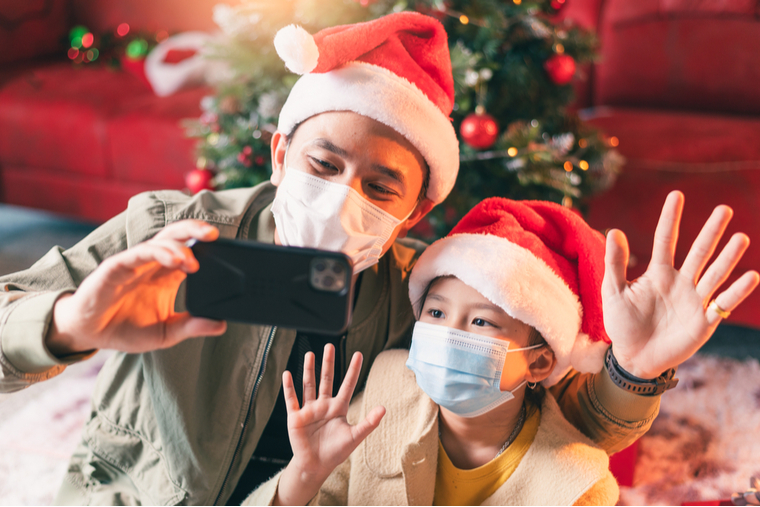
Henry L. Roediger, James S. McDonnell Distinguished University Professor of Psychological & Brain Sciences and James Wertsch, David R. Francis Distinguished Professor in the Department of Anthropology, are Arts & Sciences faculty members at Washington University in St. Louis where, for more than 25 years, they have investigated the science and nature of memory in the contexts of history and culture.
Q: How will the holiday season of 2020 live in our memories?
A: The holidays are upon us in this strange year of COVID-19. There is Hanukkah, Christmas, and Kwanzaa that most Americans know about, as well Ashura for Sunni Muslims, Bodhi Day for Buddhists, and Yalda for Zoroastrians. Almost all of these and more are celebrated or observed in December and January.
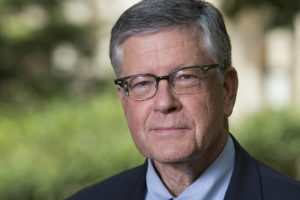
But how will this year’s celebrations be remembered? The answer will be “differently than normal” for some individuals, but we think collective memory for the pandemic itself is likely to fade quickly for most people.
We take our cue for this last prediction from an exercise we recently used in our memory studies course at Washington University. We asked the undergraduates to list the five most important events since 1900 in American history. Their responses routinely included items like Pearl Harbor and 9/11, but what was striking is that not a single student included the Great Influenza of 1918. And this was so even in the midst of the COVID-19 pandemic when more Americans were dying every day than those who perished at Pearl Harbor in 1941 or on 9/11.

Why? We think it’s because the pandemic doesn’t lend itself to being told as a gripping story with good and evil characters and unexpected plot twists.
This is not to say, however, that some people won’t be left with vivid memories of the holiday season. In a season when families come together and celebrate, with rituals, feasting and more, this year’s experience may vary widely, depending on whether we follow the safety guidelines.
Q: Can you offer examples of how this might play out?
A: Let’s consider three hypothetical young couples and analyze them from what we know about how memory works. Your own experience may differ.
Our first couple plays by the safety rules. They stay in their apartment, have a quiet celebration with each other, and they Zoom with family and friends after opening gifts on December 25. The holiday is uneventful. They will remember it a bit for a few years, but then it will fade away. Again, one of the first rules of making something memorable is that it needs to have a good narrative arc – a story – to make it stick. A quiet day at home does not make a great, memorable story.
In a second scenario, a young couple decides to risk it and go home for the holidays, as does their extended family. They were all careful before they gather, and everyone had a wonderful time. They trek happily back to their apartment. However, a week later, they hear the news that dear, wonderful, Uncle Frank has developed COVID-19. After a week he enters the hospital; a week after that he dies. A sad, socially distanced, funeral ensues. This holiday will be remembered as the one that caused Uncle Frank to die. The story will be retold for years to come. The couple’s children, and maybe even grandchildren, will be told the story when they see an old family photo and say, “who’s that?”
The third scenario involves the couple going home for their holiday. One member of the couple comes down with COVID-19. He struggles, goes into the hospital, but he comes out after a week. In a few months he is OK. That story will become a family legend about someone who could have died. The couple will tell their children, who will in turn tell their children, and possibly even more. It is a potentially sad story with a happy ending.
All these scenarios except the first can be woven into an interesting story, the kind that will be repeated to others and hence remembered, at least across a couple of generations.
Q: What about in another century?
A: So, what will people remember about this December in 2120? Our best guess, and a hopeful one, is “nothing” for those who don’t directly suffer from COVID-19. Just as Americans in December, 2019 did not remember what happened during December 1918 or 1919, during the great “Spanish flu” pandemic, we think few will really remember our pandemic in 100 years. In fact, few Americans even knew about the earlier pandemic until this one happened and caused us to look back.
That thought, however, causes us to hedge our bets on this last prediction. If another pandemic occurs in 100 years or before, people will hark back to the 2020-21 COVID-19 pandemic just as our media are doing now.
We wish you an uneventful, completely forgettable, holiday season.
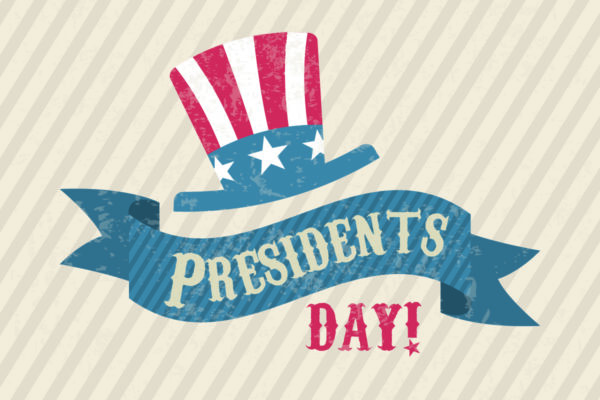
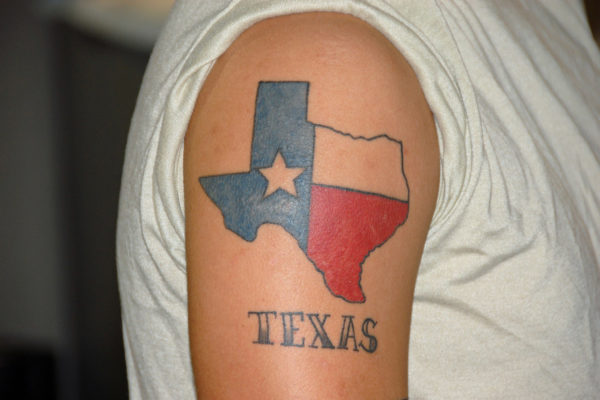
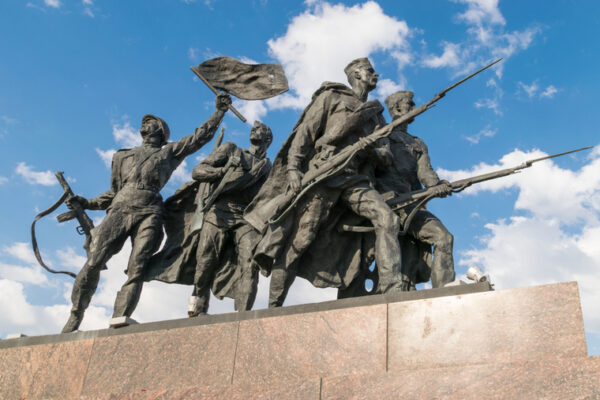
Comments and respectful dialogue are encouraged, but content will be moderated. Please, no personal attacks, obscenity or profanity, selling of commercial products, or endorsements of political candidates or positions. We reserve the right to remove any inappropriate comments. We also cannot address individual medical concerns or provide medical advice in this forum.